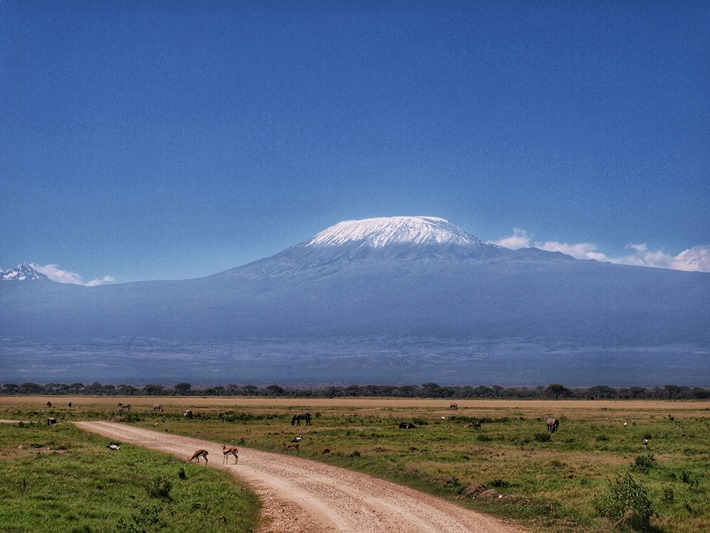SINGAPORE (CNA) – A Singaporean man has died from health complications due to altitude sickness while attempting to climb Mount Kilimanjaro in Tanzania.
Local travel agency Adventures Unlimited, in a Facebook post on early on Saturday morning, said it “received the sad news of a tragedy which had happened during the Kilimanjaro trek”. The climb was scheduled from August 3 to August 11.
“One of our team members, Mr Darrel Phee, lost his life during the expedition,” it added. The man was 28 years old, a friend of the climber told 8World News.
Phee’s “readings and symptoms have been normal throughout the days of the hike”, according to the Facebook post at around 3.40am on Saturday.
“However, on the morning of the summit hike, his oxygen levels dropped and his heart rate increased.”
It was then decided that he would not scale the mountain and he returned to the campsite with a guide, as per safety protocols.

At the campsite, Phee was closely monitored, according to Adventures Unlimited.
“Unfortunately due to the onset of altitude sickness and its serious health complications, his condition deteriorated and he passed away.”
He died of asphyxia and high altitude pulmonary edema (HAPE), said the travel agency.
HAPE is an altitude illness condition that can turn fatal and occurs when fluid enters the lungs, inhibiting the effective exchange of oxygen to the blood.
A 2012 journal published in the United States National Library of Medicine states that HAPE is “the most common cause of death related to high altitude”.
In response to CNA’s queries, a Ministry of Foreign Affairs (MFA) spokesperson said on Sunday that MFA “has been extending consular assistance and support to the family of the deceased”.
“MFA extends its deepest condolences to the family.”
At 5,895 metres (m), Mount Kilimanjaro is Africa’s highest peak. While popular with adventure seekers, “with more than 50 per cent of climbers suffering from mountain sickness, it is an extreme altitude mountain trek”, said the Climbing Kilimanjaro website.
Fatal accidents on Mount Kilimanjaro are very rare, with a probability of less than 1 per cent, the Facebook post by Adventures Unlimited said.
But the travel agency added that high altitude, extreme weather conditions, the physical condition of the climber and the physical challenges presented could be contributory causes of death.
Adventures Unlimited said it “remains committed to transparency and accountability to our participants”.
“We hope that you can support us in this difficult time, understanding the spirit of adventure that drives us, as hikers, despite its inherent uncertainties.”
CNA has contacted Adventures Unlimited for more information.


